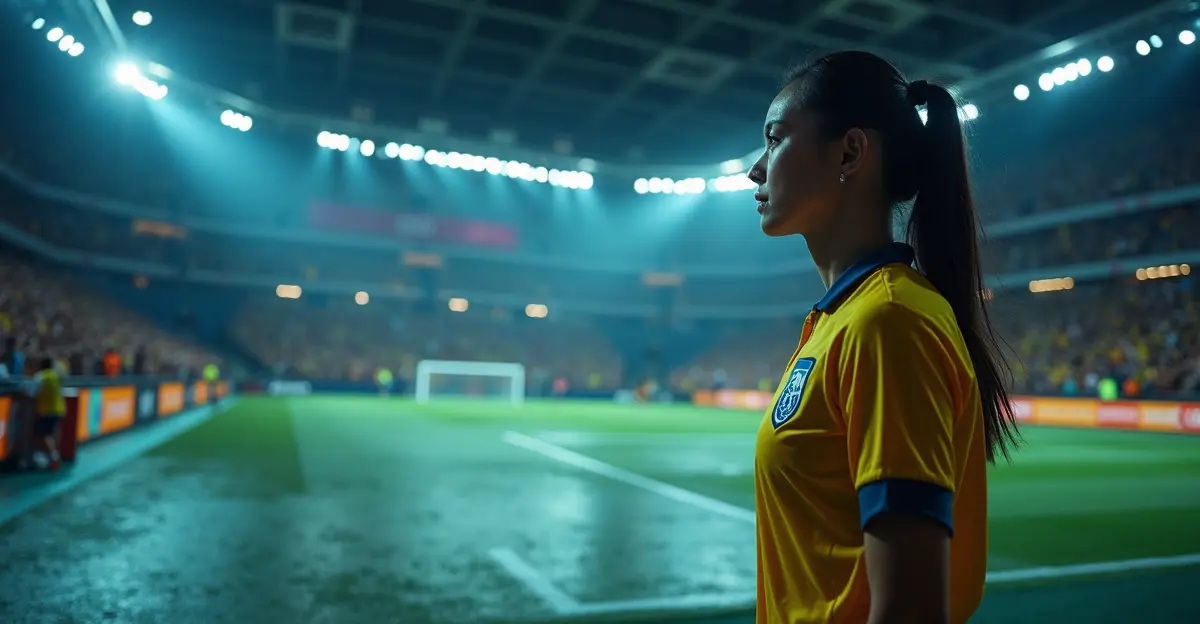AI sports referee systems are being tested globally, offering 98%+ accuracy in real-time officiating decisions across football, basketball, and tennis with advanced computer vision technology.

The Future of Sports Officiating Has Arrived
Major sports leagues worldwide are embracing artificial intelligence to transform how games are officiated. The latest AI referee systems are being tested across football, basketball, and other professional sports, promising to eliminate human error and deliver unprecedented accuracy in real-time decision making.
How AI Referee Technology Works
The new generation of AI officiating systems uses advanced computer vision algorithms, machine learning, and multiple camera angles to track player movements, ball position, and potential rule violations. These systems can process thousands of data points per second, providing instant analysis that would take human officials minutes to review.
"We're seeing accuracy rates above 98% in offside calls and foul detection," says Dr. Emily Chen, lead researcher at the Sports Technology Innovation Lab. "The AI doesn't get tired, doesn't have bad angles, and makes decisions based purely on data rather than emotion or fatigue."
Current Testing and Implementation
Several major leagues have begun pilot programs:
- The English Premier League is testing AI for offside decisions with millimeter-level precision
- The NBA is implementing AI for goaltending and out-of-bounds calls
- International football associations are exploring AI for handball and penalty decisions
- Tennis tournaments are using AI for line calling with 99.9% accuracy
Benefits and Challenges
The advantages are clear: reduced controversy, faster decisions, and consistent application of rules. However, traditionalists argue that removing human judgment could change the nature of sports.
"There's a balance to be struck," notes former FIFA referee Mark Clattenburg. "Technology should assist officials, not replace them entirely. The human element has always been part of sports' drama."
Privacy concerns and the cost of implementation remain significant hurdles. The most advanced systems require extensive camera networks and computing infrastructure that can cost millions per stadium.
The Road Ahead
As technology improves and costs decrease, AI officiating is expected to become standard across professional sports within the next 3-5 years. The International Football Association Board (IFAB) is already discussing formal integration of AI systems into the Laws of the Game.
"This isn't about replacing referees," emphasizes sports technology expert James Wilson. "It's about giving them superpowers. Imagine a referee who can see every angle simultaneously and get instant data analysis. That's the future we're building."

 Nederlands
Nederlands English
English Français
Français Deutsch
Deutsch Español
Español Português
Português

